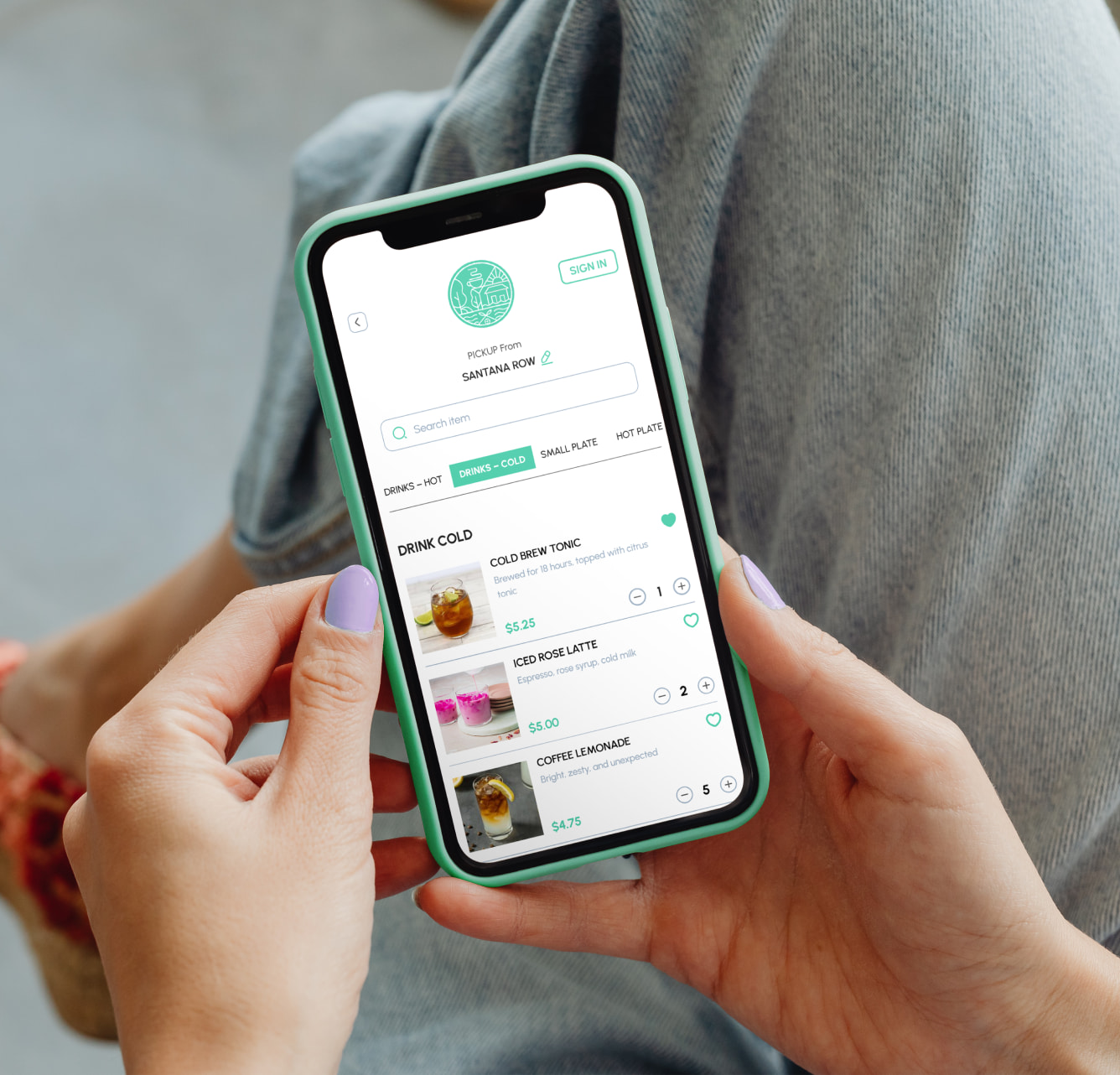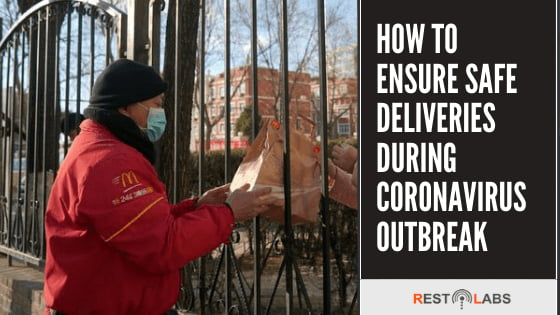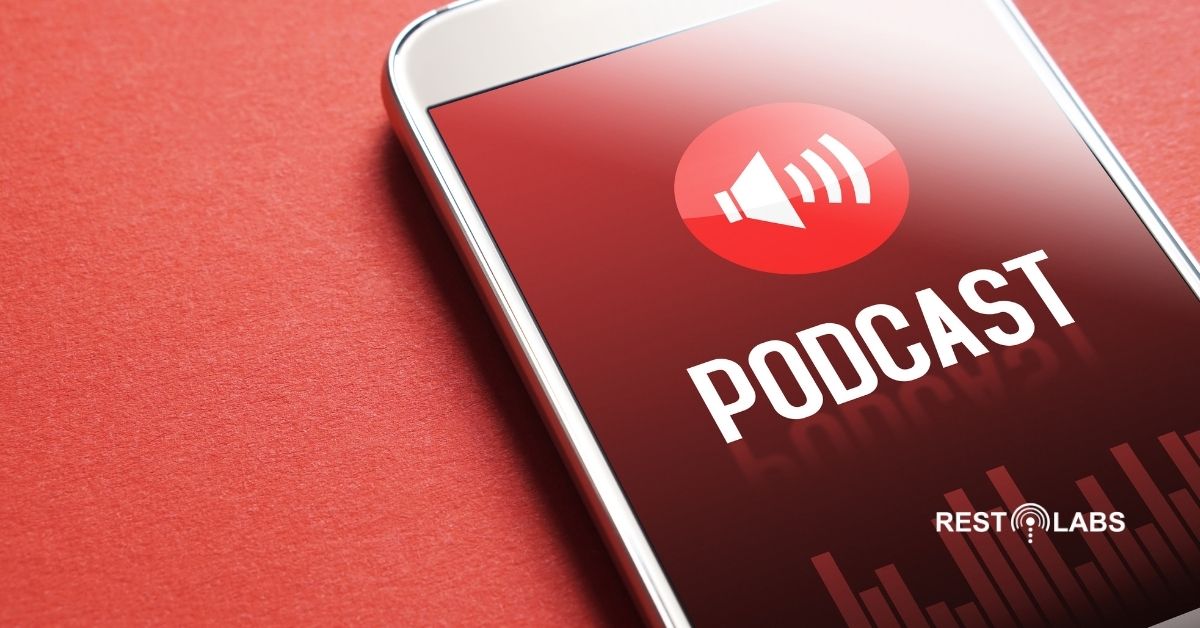Key Takeaways
Image (Banner) courtesy: A McDonald's delivery worker wearing a face mask passes food to a resident through a fence at a residential compound, as the country is hit by a novel coronavirus outbreak in Beijing. (REUTERS)
Only a few months ago, food delivery in China was considered to be for those who usually eat alone. Following the outbreak of coronavirus, food consumption habit among the Chinese is seeing a dramatic shift, with Meituan Dianping, one of the largest delivery platform in China reporting that over 70% of their food orders now serve five people or more. As per market research firm NPD, food deliveries grew by 20% during January in China, where there are over 80,000 confirmed cases of coronavirus and over 3000 fatalities so far.
In the US too, the spread of coronavirus has been intensifying. According to CNN, as of 10 March 2020, there have been 717 confirmed cases in 36 states, with 26 deaths across the country.
In light of this situation, food delivery companies are beginning to witness rising demands as more people are choosing to stay indoors and several companies are encouraging their employees to work from home. Twitter, Google, Microsoft, and JP Morgan are all reportedly testing remote working policies.
Speaking to MarketWatch, David Portalatin vice president, food industry advisor, for the NPD, confirmed that Americans are increasingly starting to order their groceries and meals online. He added that this trend was already going strong even before worries over coronavirus proliferated.
On the other hand, there’s a cause for concern for brick and mortar only restaurants as a Technomic survey reveals that 32% of customers in the US say they plan to cut back on restaurant visits due to fears over coronavirus outbreak. In an interview with Restaurant Business, Joe Pawlak, managing principal with Technomic said, “People are going to avoid crowds. Full-service restaurants are already struggling a bit. This could put another weight on them. This could push a few others on the brink. If this lingers, we could see a lot more bankruptcies.”
The present surge in demand for online food deliveries is definitely an opportunity for restaurants. However, they also need to ensure that they are conducting ethical practices by ensuring they’re following safe practices by following all recommended precautionary and health safety measures.
Here are some ways restaurants can ensure safe deliveries during the coronavirus outbreak
Train your staff
First and foremost priority should be given to educating and training yourself and your staff on basics like identifying symptoms and taking precautionary measures.
Since COVID-19 is a new virus, unidentified prior to the outbreak in Wuhan in December 2019, there is no rulebook on how to deal with this disease. However, bodies like the World Health Organisation and Centers for Disease Control and Prevention have detailed FAQs of everything we know of the virus as of now.
WHO has also released an online training material titled ‘Emerging respiratory viruses, including nCoV: methods for detection, prevention, response and control’, which could be used to educate your employees. The National Restaurant Association, too, has published a resource page and created a guide for owners on how to safeguard their employees and customers.
Rely on your own delivery service
Once you train your staff, it’s best to rely on them for delivery services instead of third-party delivery companies. This way you can take control and ensure that all health and hygiene norms are being strictly followed, without putting customers at risk. If you don’t have your own online delivery system, this is, perhaps, the best time to get one.
Introduce contactless deliveries
According to the Centers for Disease Control and Prevention COVID-19, the infectious disease caused by coronavirus is thought to be transmitted when a person comes in contact with respiratory droplets produced by an infected person through coughing or sneezing or by touching objects or surfaces that have the virus on it and then touching their eyes, nose or mouth.
Meituan Dianping has introduced contactless pickup and delivery services in China, a concept quickly being adopted by American companies as well. This concept basically involves the delivery staff dropping off food deliveries at locations requested by customers in advance without having to have any physical contact.
Encourage online payments
Contact with infected surfaces is one of the causes for the spread of coronavirus and currency notes are one object that exchanges a lot of human hands. While the Louvre museum in Paris has banned cash usage amid the outbreak, countries like China and South Korea are even burning some notes to reduce the spread of the virus.
As a business, you can encourage cashless transactions for no-contact deliveries. Make sure that your online delivery system offers diverse payment methods so that customers do not face any hassle.
Communicate actively with customers
Use social media for sharing information on how your company is ensuring the safety of customers against the spread of coronavirus. You can upload images and videos of your staff are following safety protocols in order to put customers at ease.
Not only that, but you can also use social media to share advisories and facts about the virus, as a lot of unverified information is also doing the rounds online causing unwarranted panic.
Frequently Asked Questions


.gif)


.jpeg)

.png)



